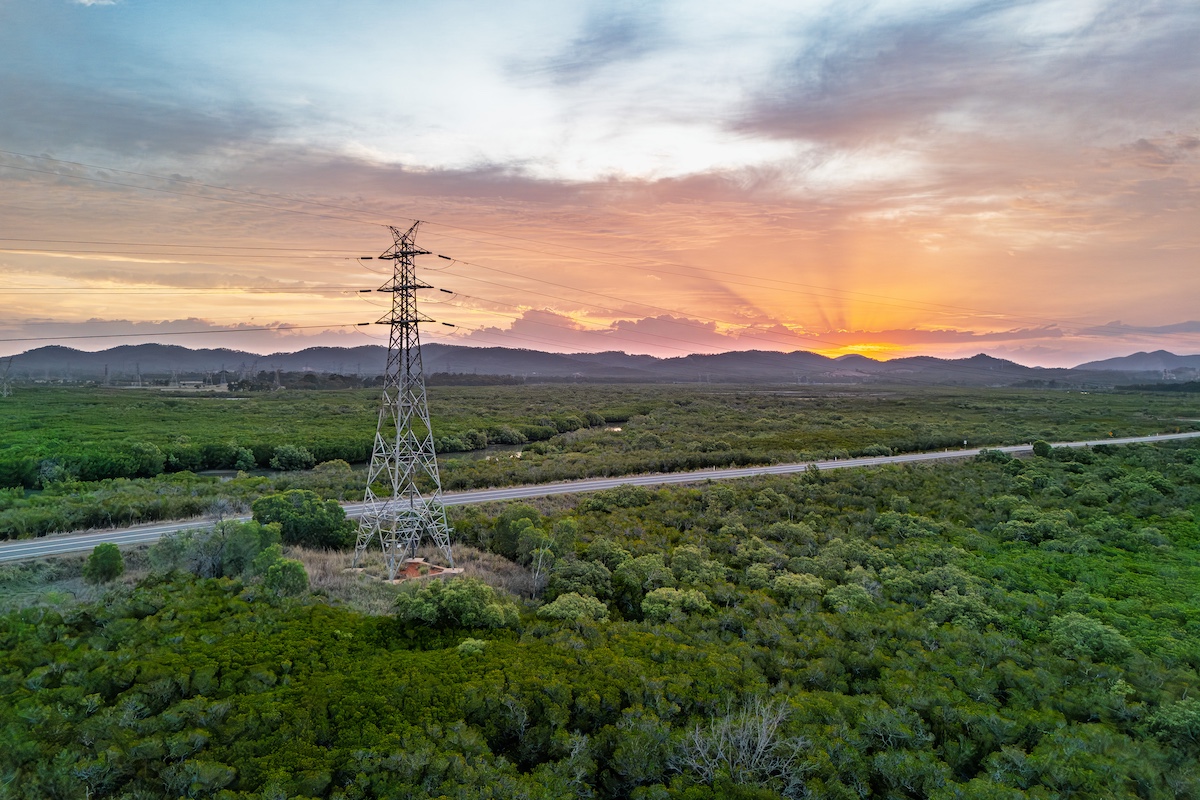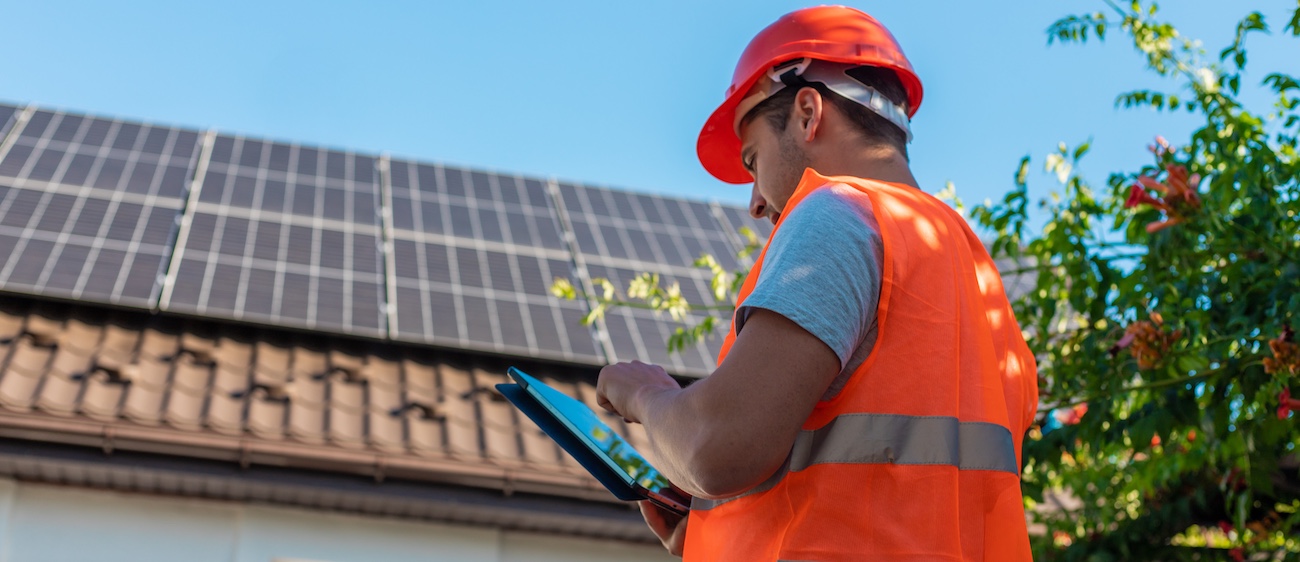National Supergrid
Connecting Australians to a zero-emissions future
January 2023
A nation-building opportunity
Australia's energy grid is a handbrake on dispatching new renewable energy. As trading partners race towards net zero, our fossil fuel-dominated exports leave our economy highly exposed to demand collapse. Fast-tracking investment into our energy grid will build the foundation from which Australia can become a renewable energy powerhouse









.png)








%201.webp)
